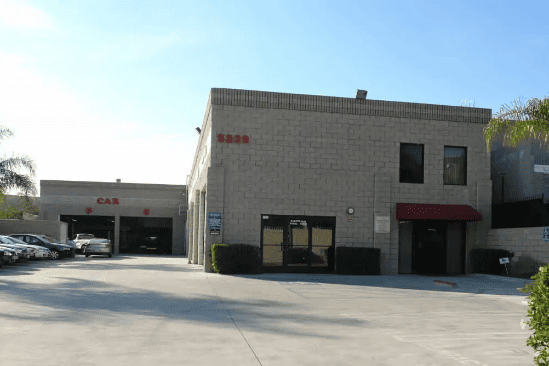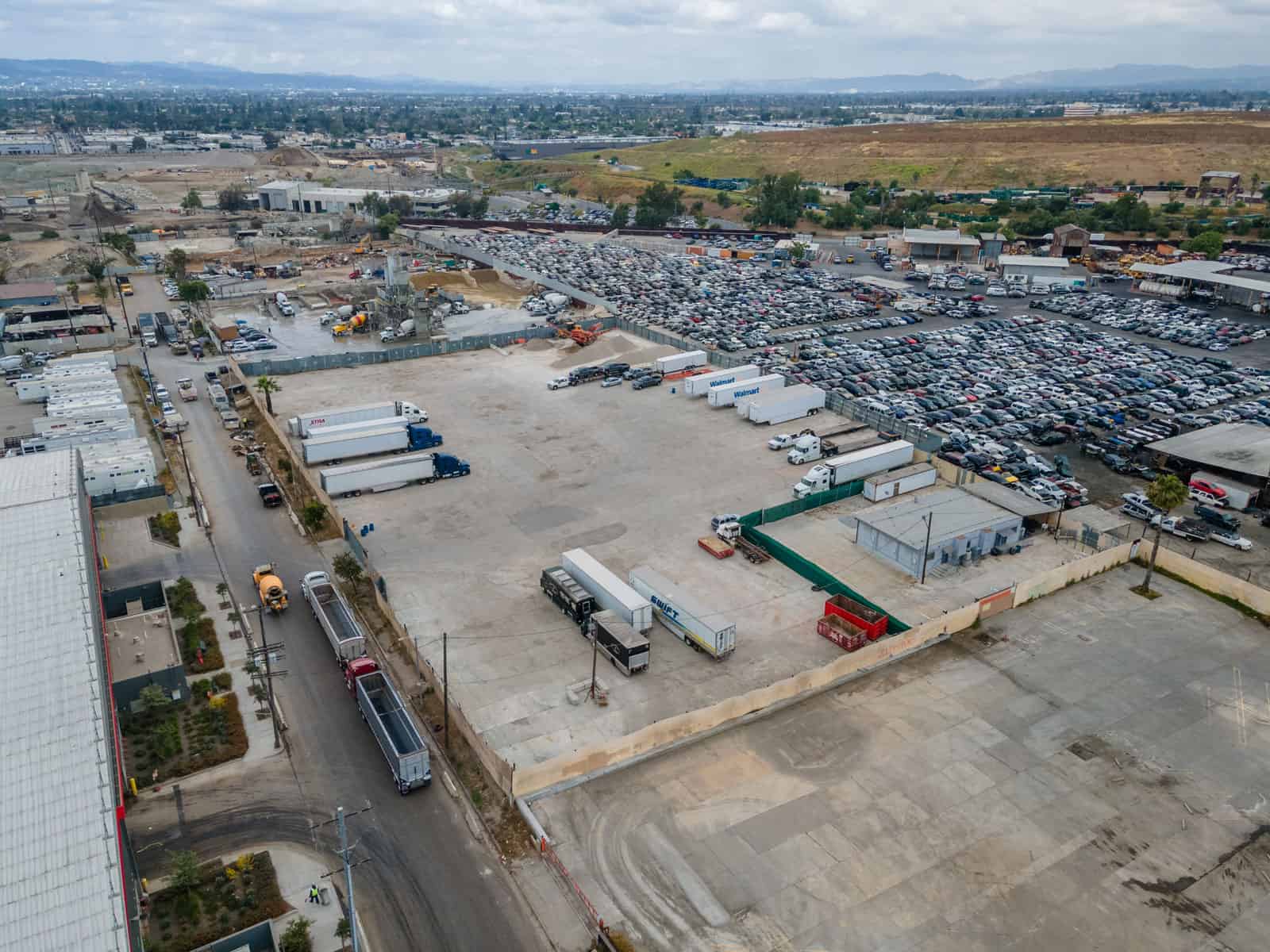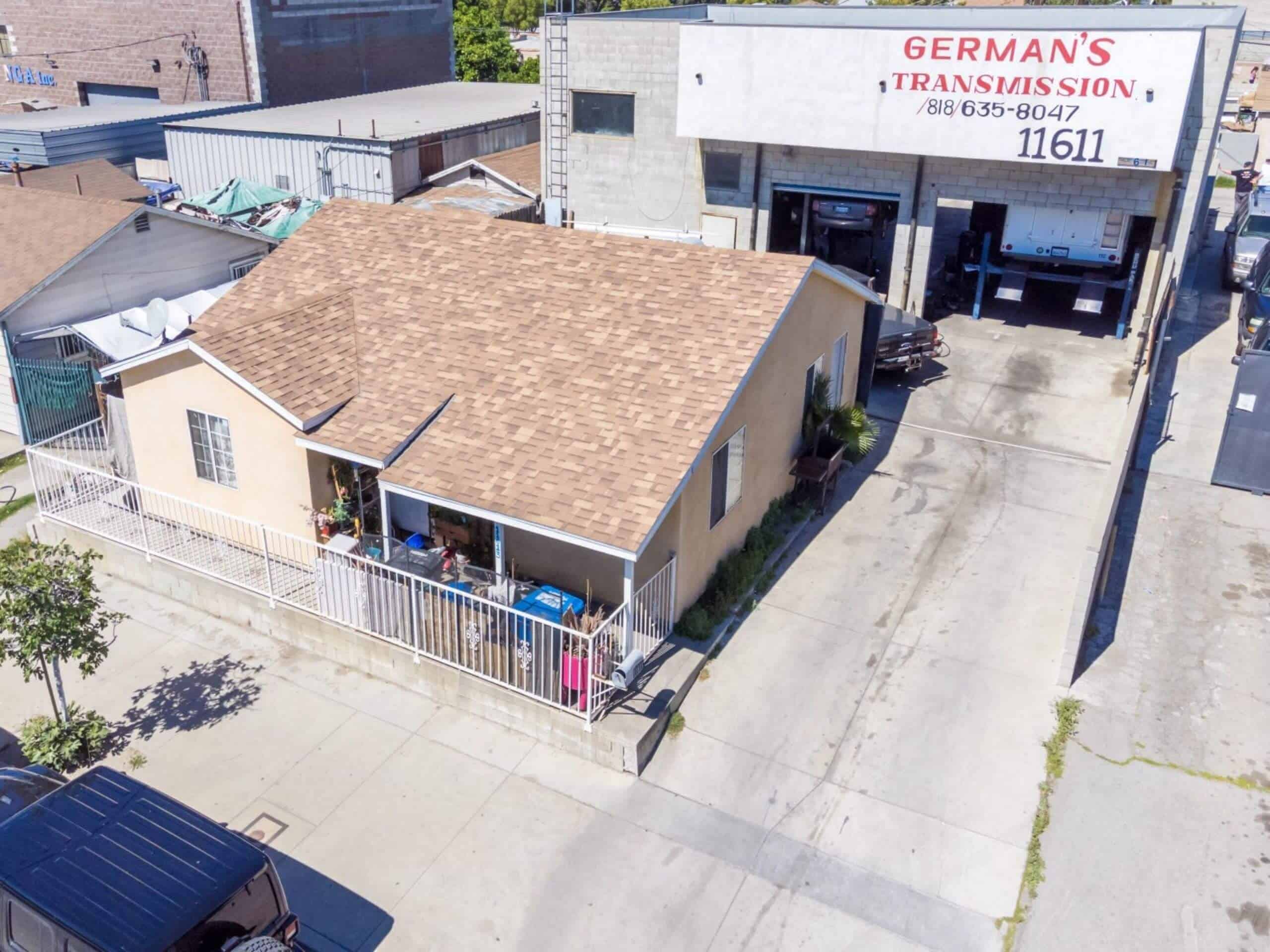Commercial Real Estate Leasing Broker
Your Commercial Leasing Broker in Los Angeles, California
Commercial and Industrial Leasing Broker
We offer commercial real estate (CRE) services in Los Angeles and surrounding counties, including leasing services for property owners looking for tenants.
Our team members aren’t just traditional brokers — they’re partners and entrepreneurs within the brokerage. Expect professionalism, diligence, and proactive problem-solving from seasoned experts in the commercial real estate industry.
By working with us, you’ll gain access to our vast network and local expertise, increasing your chances of finding the perfect lessee.
Contact us via our online form, email us at [email protected], or call 818.482.3830 to kick off the process of leasing your commercial or industrial property.
Get a Free Commercial Property Valuation
What Sets MIG Commercial Real Estate Services Apart
1. Access Our Vast CRE Network
We continuously keep in touch with local businesses, tenants, and investors, ensuring we stay connected to the community and know the market inside out.
We’ll leverage our local network to seamlessly connect you with your ideal lessee. In fact, we might already have the perfect prospect eagerly waiting for your space.
3. Avoid Expensive Penalties with Expert Guidance
For instance, we’ll vet your potential tenant’s proposed business and city zoning laws, so you don’t incur expensive compliance penalties. We’ll also provide you with an AIR contract, which includes provisions advising you on the types of insurance policy and coverage amounts you should get.
We’ll guide you through every step of the process, ensuring compliance with regulations and avoiding potential pitfalls.
2. Done-for-You Strategic Marketing
At MIG, we take care of everything for you. Our services include comprehensive marketing packages—customized memorandums, professional videos, targeted social media and advertising campaigns, direct mailers, and more. We leverage our deep understanding of local market strategies to save you time and resources.
Work with a Team of Specialists Eager to Help You
- Staying in touch with local businesses, tenants, and investors helps us understand the market.
- Handling deals of all sizes, from small to large leases, gives us a good grasp of lessor/lessee preferences.
- Being constantly involved in commercial and industrial real estate transactions keeps us updated on property worth.
- Leasing our properties provides a firsthand understanding of your pain points and needs as a lessor.
Alex Matevosian
Broker DRE 02047572 / 02211621
With deep roots in LA and 10 years of experience in the industry, Alex brings extensive knowledge of the local commercial real estate market. Thanks to being a CRE owner and lessor himself, and maintaining constant contact with lessors and lessees in the area, Alex is uniquely equipped to find you the ideal qualified tenant who will perform during his lease tenure.
Commercial Real Estate Leasing 101: Terms and Definitions
- Commercial Real Estate Agent: A commercial real estate agent facilitates buying, selling, renting, or leasing commercial properties, serving as an intermediary and offering guidance through data analysis and industry expertise.
- Commercial Real Estate Broker: A commercial real estate broker does the same as an agent, but is licensed to work independently and may employ agents.
- Commercial Real Estate Lease Commission: Commercial lease commissions are fees paid to brokers or agents for negotiating lease agreements between landlords and tenants. They’re usually calculated as a percentage of the total rent over the lease term.
- Rentable vs. Usable Square Footage: Usable square footage refers to the tenant’s specific space, while rentable square footage includes a portion of the common areas.
- Common Area Maintenance (CAM): Tenants pay CAM fees to cover common area overhead and operating expenses in commercial leases.
- Subleasing: A sublease occurs when a current tenant rents out a portion of their leased property to a third party, often referred to as a subtenant. It may also be known as a sublet.
- Escalation Clause: A commercial lease includes an escalation clause, enabling the landlord to increase rent based on a specified timeline or triggers outlined in the clause.
- Tenant Improvements (TI): Involve adjustments made by a property owner to the interior of a rental space according to the new tenant’s requirements.
FAQs About Commercial Real Estate Leasing
Commercial Real Estate Broker vs. Leasing Broker: What Are the Differences?
A commercial real estate broker handles various transactions like sales and leases. A leasing broker specializes only in lease transactions. Both help clients find suitable properties, but their focus differs.
Leasing Broker vs. Property Manager: What Are the Differences?
A leasing broker helps clients find and negotiate leases for commercial properties. A property manager oversees the day-to-day operations and maintenance of properties, handling tenant issues and ensuring the property runs smoothly. Their roles complement each other but focus on different aspects of property management.
What Are the Steps to Leasing a Commercial Property?
To lease a commercial property, start by determining your needs and budget. Then, search for suitable properties and schedule viewings. Once you find the right space, negotiate lease terms with the landlord. Complete any required paperwork and inspections before finalizing the lease agreement.
What Are the Main Lease Types (Commercial Real Estate)?
The main lease types in commercial real estate are:
- Gross Lease: Tenant pays a fixed rent, and the landlord covers property expenses.
- Net Lease: Tenant pays base rent plus some or all property expenses.
- Triple Net Lease (NNN): Tenant pays base rent plus all property expenses.
- Percentage Lease: Tenant pays base rent plus a percentage of sales revenue.
What are The Main Benefits of a 1031 Exchange?
A 1031 exchange property sale offers sellers several key benefits:
- Tax Deferral: Sellers can defer capital gains taxes, preserving liquidity for reinvestment.
- Wealth Preservation: Wealth remains intact, potentially enhancing purchasing power.
- Diverse Investments: Diversification is possible by exchanging into different properties.
- Increased Cash Flow: Potential for higher income properties and increased cash flow.
- Portfolio Growth: Continuous portfolio expansion without immediate tax payments.
- Estate Planning: Deferred taxes benefit heirs on a stepped-up basis.
- Property Upgrades: Opportunity to acquire newer, higher-value properties.
- Market Adaptation: Adjust to changing market conditions or property types.
- Risk Mitigation: Spread risk across various properties or markets.
- Long-Term Benefits: Offers enduring tax savings and wealth accumulation potential.
Consult with tax and real estate professionals for effective 1031 exchange planning.
How Do Commercial Real Estate Brokers Get Paid on Leases?
Commercial real estate brokers typically get paid through commissions based on lease transactions. The commission is usually calculated as a percentage of the total lease value. The exact percentage can vary and is negotiated between the broker and the client or landlord before the lease agreement is finalized.
How to Rent Out a Commercial Property?
To rent out a commercial property, start by preparing the space for showing. Then, advertise the property through various channels. Once you receive inquiries, schedule viewings and negotiate lease terms with interested parties. Complete any necessary paperwork and inspections before finalizing the lease agreement. An experienced CRE broker can efficiently handle the whole process for you.
How to Find a Tenant for a Commercial Property?
To find a tenant for a commercial property, partnering with a CRE broker is key. They leverage their networks and expertise to connect you with suitable tenants efficiently. They handle marketing, screening, negotiations, and finalizing agreements, ensuring a smooth process and securing the best outcomes for your property.
What Are the Typical Commercial Lease Terms?
Typical commercial lease terms include:
- Contracts lasting 3 to 5 years, depending on your goals.
- Year-to-year contracts if you’re looking to sell your property.
- 3 to 5% yearly rental escalations, often tied to the Consumer Price Index (CPI).
- Lease types vary by property type — single tenant industrial properties are typically under gross leases while a multi-tenant shopping center is normally under a triple net lease, for example.
Which Commercial Real Estate Leasing Services Does MIG Offer?
We focus on representing property owners (lessors), and strive to find qualified lessees — i.e., tenants willing to pay top dollar for a property that’s perfect for their business. To achieve this, we’re diligent with our marketing efforts and property disclosures. Additionally, we ensure compliance throughout the whole process, keeping our clients out of the courtroom and avoiding fines.
Commercial Real Estate for Lease in Los Angeles, CA
Price
Available
Status
For Lease
Type
industrial
Zoning
M3
Lot Size
120,000 SF
Price
$1,399,999 ($546/SF)
Status
For Sale
Type
Industrial
Building Size
2,564 SF
Zoning
MR1
Lot Size
5,663 SF
Use Code
Auto repair Garage
Recent 1031 Exchange Projects
1031 Exchange Building Notes:
6,801 SF Auto Repair Shop and Body Shop with spray booth and high tech equipment. 2000 sq. ft. of building is a mezzanine which is used as part storage and office. Features Building Signage and Street Signage and East Freeway Access.
- Type: 2 Star Industrial Service
- Location: Suburban
- SF BRA: 8,800
- SF Lot: 16,379
- Built: 1999
- Multiple Tenancy
- Zoning: LAM2

Kind Words from Past Clients

Subscribe to Get Los Angeles Commercial Real Estate Updates and Property Listings
Contact Our Team of Commercial Real EstateAgents and Brokers
Our Affiliations






